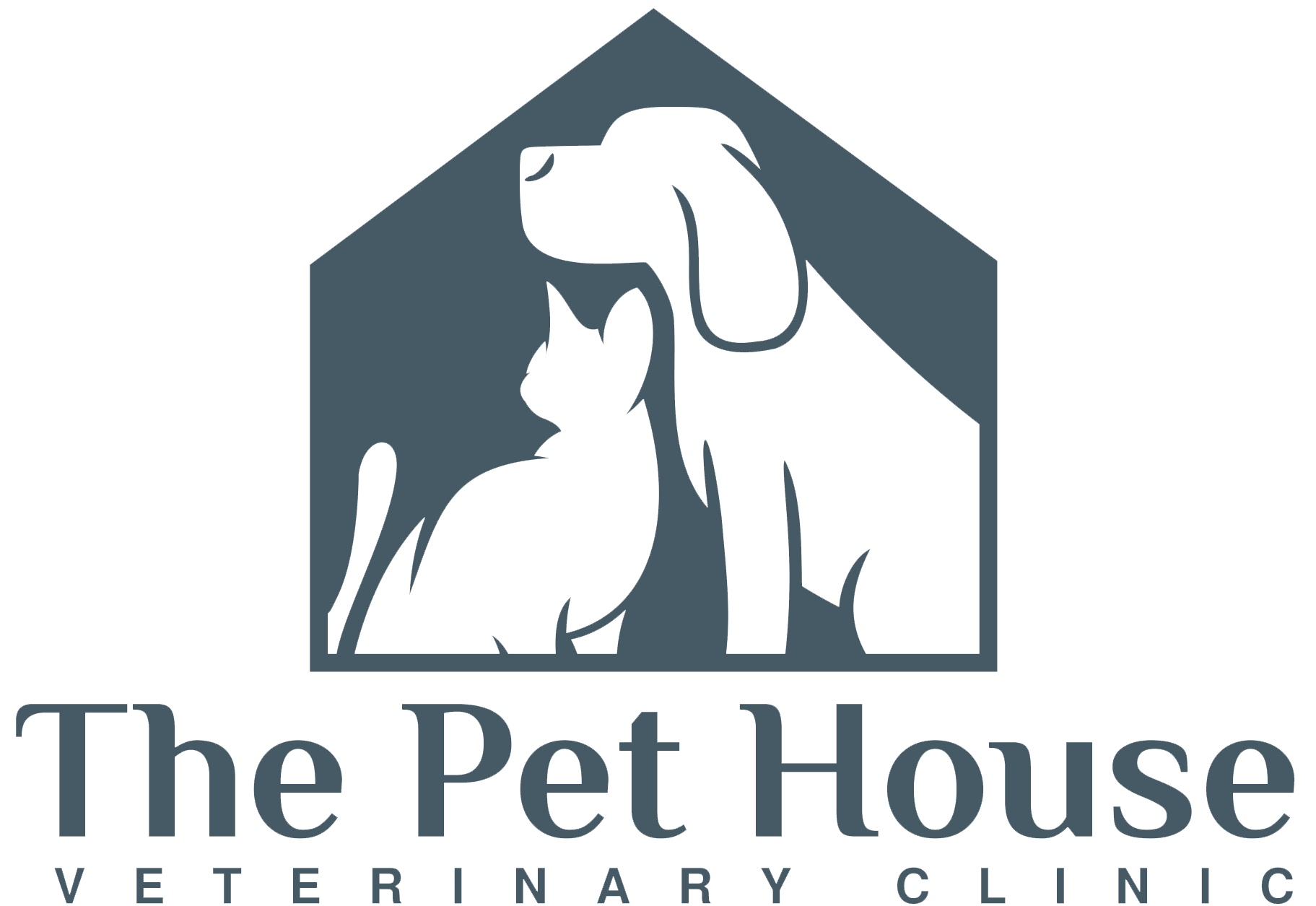
Digestive Disorders in Pets: Causes, Symptoms, and Remedies
Digestive issues are among the most common health problems in pets, affecting their overall well-being and quality of life. Vomiting, diarrhea, and constipation can be signs of minor dietary indiscretions or indicate more serious underlying health conditions. Understanding the causes, recognizing the symptoms, and applying the right treatments can help pet owners manage and prevent digestive disorders effectively.
In this article, we’ll discuss the most common digestive problems in pets, their causes, symptoms, and the best remedies to keep your pet’s gut healthy.
Common Digestive Disorders in Pets
1. Vomiting
Vomiting occurs when a pet forcefully expels the contents of its stomach. Occasional vomiting may not be a cause for concern, but frequent or severe vomiting requires veterinary attention.
✅ Causes:
- Eating spoiled food or toxic substances
- Sudden diet changes
- Food allergies or intolerances
- Parasites (worms)
- Gastrointestinal infections
- Inflammatory bowel disease (IBD)
- Liver or kidney disease
✅ Symptoms to Watch For:
- Repeated vomiting
- Presence of blood in vomit
- Lethargy and dehydration
- Loss of appetite
✅ Remedies and Treatment:
- Withhold food for 12-24 hours to let the stomach settle (but offer water).
- Feed a bland diet (boiled chicken and rice) for a few days.
- Ensure your pet stays hydrated.
- Consult a vet if vomiting persists or worsens.
2. Diarrhea
Diarrhea is characterized by loose, watery stools and can lead to dehydration if left untreated. It can be acute (short-term) or chronic (lasting more than two weeks).
✅ Causes:
- Dietary indiscretion (eating garbage, spoiled food)
- Bacterial or viral infections
- Food allergies or intolerance
- Stress or anxiety
- Parasites like giardia or roundworms
✅ Symptoms to Watch For:
- Frequent, watery stools
- Blood or mucus in stool
- Abdominal pain or bloating
- Dehydration and weight loss
✅ Remedies and Treatment:
- Provide plenty of fresh water to prevent dehydration.
- Feed a bland diet (boiled chicken and rice) for 2-3 days.
- Avoid fatty, spicy, or dairy-based foods.
- Use probiotics to restore gut balance.
- Visit a vet if diarrhea persists for more than 48 hours or if blood is present.
3. Constipation
Constipation happens when a pet has difficulty passing stool, often straining with little or no success. It can lead to discomfort and more severe complications if not addressed.
✅ Causes:
- Dehydration
- Lack of dietary fiber
- Ingesting hair (common in cats)
- Obesity and lack of exercise
- Intestinal blockages
✅ Symptoms to Watch For:
- Straining to defecate with little or no stool
- Hard, dry stools
- Lethargy and lack of appetite
- Signs of discomfort or bloating
✅ Remedies and Treatment:
- Increase water intake to soften stools.
- Add fiber to the diet (pumpkin, psyllium husk, or fiber supplements).
- Encourage exercise to stimulate digestion.
- Provide hairball control treats for cats.
- If constipation persists, seek veterinary assistance.
How to Maintain a Healthy Digestive System in Pets
1. Feed a Balanced Diet
A high-quality, well-balanced diet supports gut health. Avoid sudden diet changes and provide nutritious, easily digestible food.
2. Provide Probiotics and Prebiotics
Probiotics (good bacteria) and prebiotics (fiber that feeds good bacteria) help maintain a healthy gut microbiome, reducing digestive problems.
3. Keep Your Pet Hydrated
Always provide clean, fresh water to prevent dehydration, which can contribute to both diarrhea and constipation.
4. Avoid Human Food and Toxic Substances
Certain foods like chocolate, onions, garlic, grapes, and dairy products can cause severe digestive upset in pets.
5. Ensure Regular Exercise
Physical activity helps stimulate digestion and prevent issues like constipation and obesity-related gut problems.
6. Schedule Regular Vet Checkups
Routine veterinary visits help detect and prevent digestive disorders before they become serious.
Conclusion
Digestive disorders in pets can be distressing for both animals and their owners. While occasional stomach issues may resolve on their own, persistent symptoms require medical attention. By feeding a balanced diet, keeping your pet hydrated, and addressing digestive concerns early, you can help your furry companion enjoy a healthier life. If symptoms persist or worsen, always consult a veterinarian for proper diagnosis and treatment.
You can have more information, call us and speek to our vets on 045540701 – 0522047841
